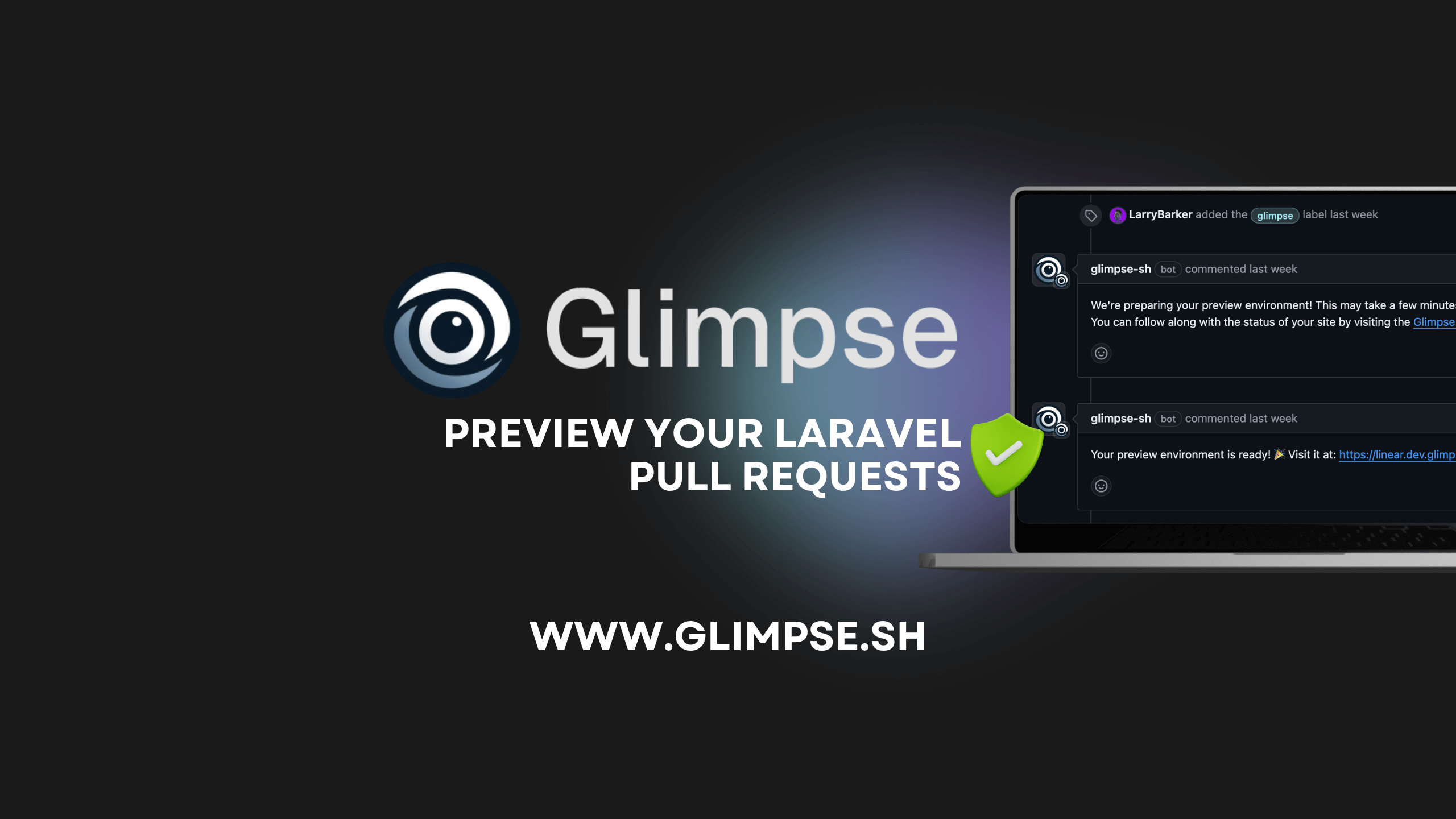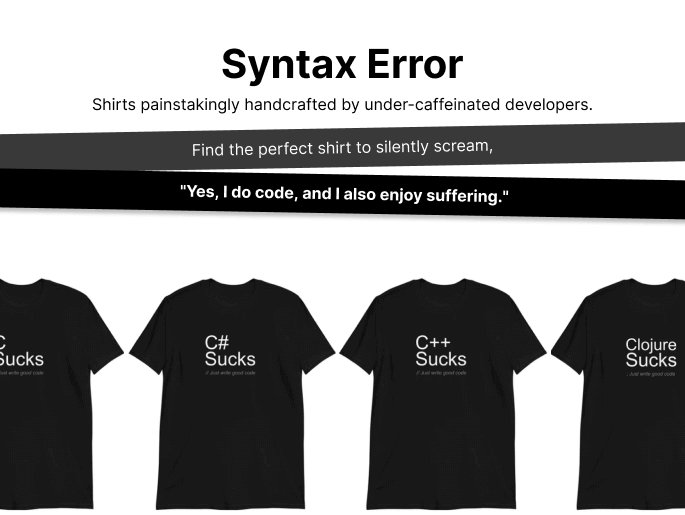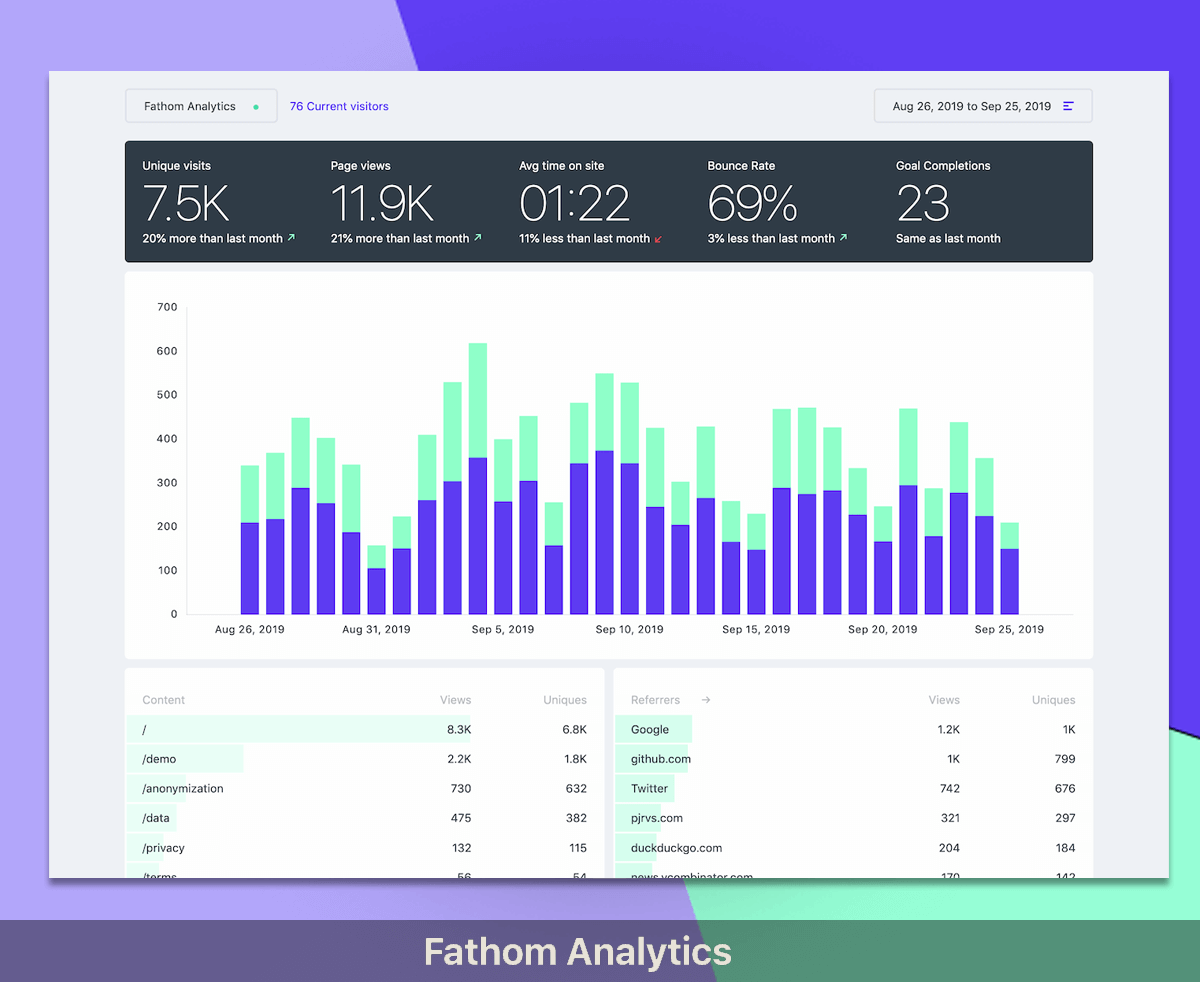Get the latest Laravel/PHP jobs, events and curated articles straight to your inbox, once a week
In the https://dev.to/dnsinyukov/how-to-integrate-google-calendar-api-and-friendship-with-laravel-4cok we created a project in the Google Cloud Console, as well as configured the access keys through the API. In this article we'll create a project in Laravel that will authorize through Google and save access token to database.
Let's skip creating the basic skeleton of a Laravel framework and start immediately with creating code to work with the Google API.
*/ public function __construct(Request $request, string $clientId, string $clientSecret, string $redirectUrl, array $scopes = []) { $this->request = $request; $this->clientId = $clientId; $this->redirectUrl = $redirectUrl; $this->clientSecret = $clientSecret; $this->scopes = $scopes; } /** * @return RedirectResponse * @throws \Exception */ public function redirect(): RedirectResponse { $this->request->query->add(['state' => $this->getState()]); if ($user = $this->request->user()) { $this->request->query->add(['user_id' => $user->getKey()]); } return new RedirectResponse($this->createAuthUrl()); } /** * @return User */ public function getUser(): User { if (isset($this->user)) { return $this->user; } try { $credentials = $this->fetchAccessTokenWithAuthCode( $this->request->get('code', '')); $this->user = $this->toUser($this->getBasicProfile($credentials)); } catch (\Exception $exception) { report($exception); throw new \InvalidArgumentException($exception->getMessage()); } $state = $this->request->get('state', ''); if (isset($state)) { $state = Crypt::decrypt($state); } return $this->user ->setRedirectCallback($state['redirect_callback']) ->setToken($credentials['access_token']) ->setRefreshToken($credentials['refresh_token']) ->setExpiresAt( Carbon::now()->addSeconds($credentials['expires_in'])) ->setScopes( explode($this->getScopeSeparator(), $credentials['scope'])); } abstract protected function createAuthUrl(); abstract protected function fetchAccessTokenWithAuthCode(string $code); abstract protected function getBasicProfile($credentials); abstract protected function toUser($userProfile); }
class GoogleProvider extends AbstractProvider { protected $providerName = 'google'; public function createAuthUrl(): string { return $this->getHttpClient()->createAuthUrl(); } public function redirect(): RedirectResponse { if ($redirectCallback = config('services.google.redirect_callback')) { $this->request->query->add(['redirect_callback' => $redirectCallback]); } return parent::redirect(); } protected function fetchAccessTokenWithAuthCode(string $code): array { return $this->getHttpClient()->fetchAccessTokenWithAuthCode($code); } /** * @return array */ protected function getBasicProfile($credentials) { $jwt = explode('.', $credentials['id_token']); // Extract the middle part, base64 decode it, then json_decode it return json_decode(base64_decode($jwt), true); } /** * @param Userinfo $userProfile * @return void */ protected function toUser($userProfile) { return tap(new User(), function ($user) use ($userProfile) { $user->setId($userProfile['sub']); $user->setName($userProfile['name']); $user->setEmail($userProfile['email']); $user->setPicture($userProfile['picture']); }); } /** * @return Client */ protected function getHttpClient(): Client { if (is_null($this->httpClient)) { $this->httpClient = new \Google\Client(); $this->httpClient->setApplicationName(config('app.name')); $this->httpClient->setClientId($this->clientId); $this->httpClient->setClientSecret($this->clientSecret); $this->httpClient->setRedirectUri($this->redirectUrl); $this->httpClient->setScopes($this->scopes); $this->httpClient->setApprovalPrompt(config('services.google.approval_prompt')); $this->httpClient->setAccessType(config('services.google.access_type')); $this->httpClient->setIncludeGrantedScopes(config('services.google.include_granted_scopes')); // Add request query to the state $this->httpClient->setState( Crypt::encrypt($this->request->all())); } return $this->httpClient; }}
Let's skip creating the basic skeleton of a Laravel framework and start immediately with creating code to work with the Google API.
*/ public function __construct(Request $request, string $clientId, string $clientSecret, string $redirectUrl, array $scopes = []) { $this->request = $request; $this->clientId = $clientId; $this->redirectUrl = $redirectUrl; $this->clientSecret = $clientSecret; $this->scopes = $scopes; } /** * @return RedirectResponse * @throws \Exception */ public function redirect(): RedirectResponse { $this->request->query->add(['state' => $this->getState()]); if ($user = $this->request->user()) { $this->request->query->add(['user_id' => $user->getKey()]); } return new RedirectResponse($this->createAuthUrl()); } /** * @return User */ public function getUser(): User { if (isset($this->user)) { return $this->user; } try { $credentials = $this->fetchAccessTokenWithAuthCode( $this->request->get('code', '')); $this->user = $this->toUser($this->getBasicProfile($credentials)); } catch (\Exception $exception) { report($exception); throw new \InvalidArgumentException($exception->getMessage()); } $state = $this->request->get('state', ''); if (isset($state)) { $state = Crypt::decrypt($state); } return $this->user ->setRedirectCallback($state['redirect_callback']) ->setToken($credentials['access_token']) ->setRefreshToken($credentials['refresh_token']) ->setExpiresAt( Carbon::now()->addSeconds($credentials['expires_in'])) ->setScopes( explode($this->getScopeSeparator(), $credentials['scope'])); } abstract protected function createAuthUrl(); abstract protected function fetchAccessTokenWithAuthCode(string $code); abstract protected function getBasicProfile($credentials); abstract protected function toUser($userProfile); }
class GoogleProvider extends AbstractProvider { protected $providerName = 'google'; public function createAuthUrl(): string { return $this->getHttpClient()->createAuthUrl(); } public function redirect(): RedirectResponse { if ($redirectCallback = config('services.google.redirect_callback')) { $this->request->query->add(['redirect_callback' => $redirectCallback]); } return parent::redirect(); } protected function fetchAccessTokenWithAuthCode(string $code): array { return $this->getHttpClient()->fetchAccessTokenWithAuthCode($code); } /** * @return array */ protected function getBasicProfile($credentials) { $jwt = explode('.', $credentials['id_token']); // Extract the middle part, base64 decode it, then json_decode it return json_decode(base64_decode($jwt), true); } /** * @param Userinfo $userProfile * @return void */ protected function toUser($userProfile) { return tap(new User(), function ($user) use ($userProfile) { $user->setId($userProfile['sub']); $user->setName($userProfile['name']); $user->setEmail($userProfile['email']); $user->setPicture($userProfile['picture']); }); } /** * @return Client */ protected function getHttpClient(): Client { if (is_null($this->httpClient)) { $this->httpClient = new \Google\Client(); $this->httpClient->setApplicationName(config('app.name')); $this->httpClient->setClientId($this->clientId); $this->httpClient->setClientSecret($this->clientSecret); $this->httpClient->setRedirectUri($this->redirectUrl); $this->httpClient->setScopes($this->scopes); $this->httpClient->setApprovalPrompt(config('services.google.approval_prompt')); $this->httpClient->setAccessType(config('services.google.access_type')); $this->httpClient->setIncludeGrantedScopes(config('services.google.include_granted_scopes')); // Add request query to the state $this->httpClient->setState( Crypt::encrypt($this->request->all())); } return $this->httpClient; }}
Newsletter

Glimpse
Glimpse streamlines Laravel development by seamlessly deploying GitHub pull requests to preview environments with the help of Laravel Forge.
Laravel/PHP Careers





